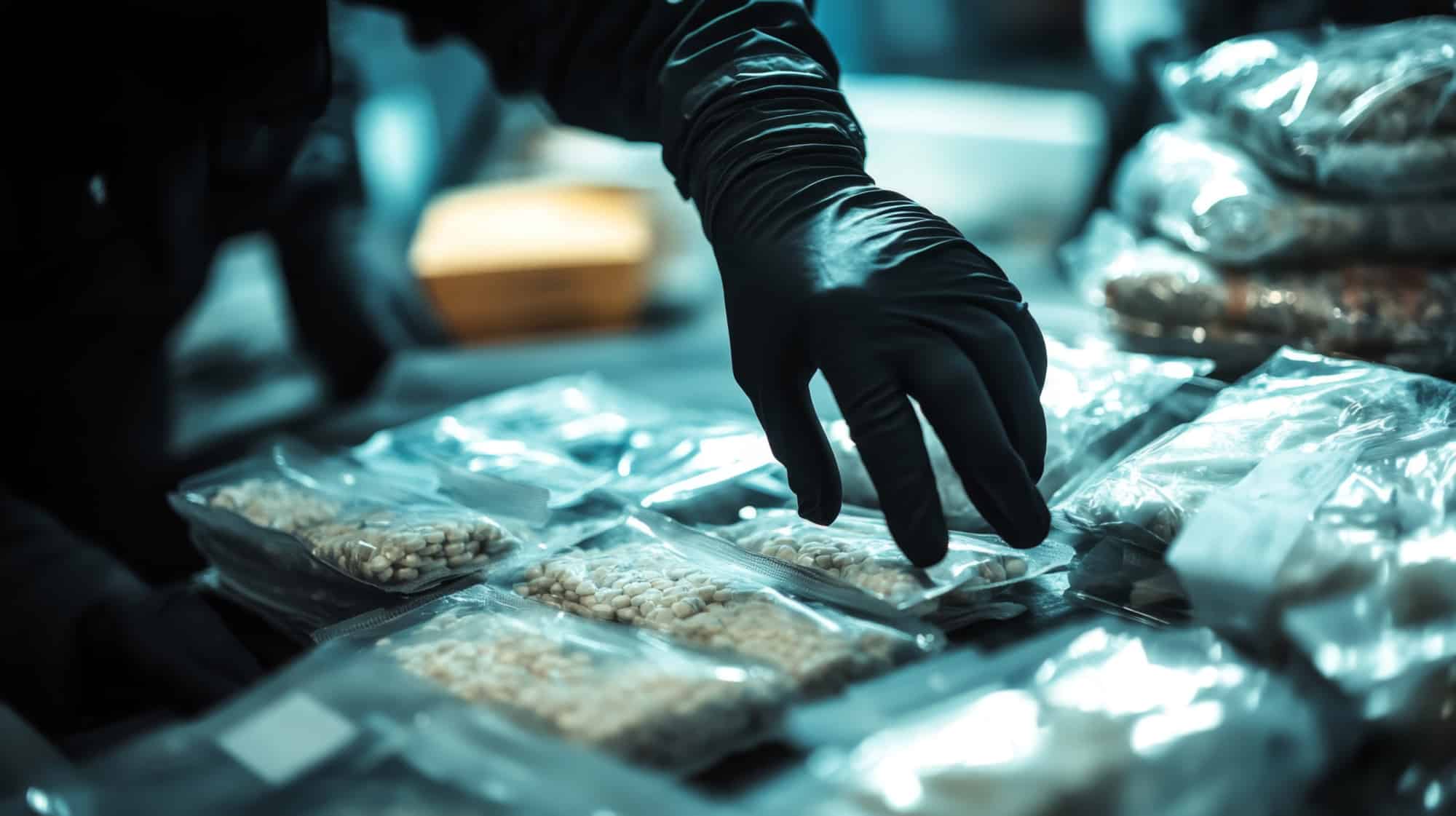If you’re facing drug charges in Minneapolis, you’ve likely encountered confusing legal terminology about “schedules” and “classifications.” Understanding Minnesota’s controlled substance schedules is essential when facing drug charges in Minneapolis, as the schedule determines the severity of charges and potential penalties you face.
At Keyser Law P.A., our experienced Minneapolis drug crime defense lawyers help clients handle complicated Minnesota drug laws, explain how controlled substance classifications impact their cases, and build strong, personalized defense strategies to protect their rights and freedom.
What Are Minnesota Controlled Substance Schedules?
Minnesota categorizes controlled substances into five schedules, defined under Minnesota Statutes Section 152, which establishes how the state classifies drugs and regulates their possession, sale, and distribution. This classification system ranks substances from Schedule I (most dangerous with no accepted medical use) to Schedule V (lowest risk with accepted medical applications).
As a Minneapolis drug defense attorney, we frequently explain how these schedules form the foundation of Minnesota’s drug crime prosecution strategy. The schedule classification affects everything from the degree of criminal charges filed to the mandatory minimum sentences you might face. Our experience in drug crime defense has shown that understanding these schedules is your first step toward building an effective defense strategy.
Minnesota Drug Schedule Classifications: Schedule I Through Schedule V
Minnesota’s system mirrors the federal drug scheduling system with some state-specific variations. Each schedule categorizes substances based on their accepted medical use and potential for abuse.
- Schedule I: No accepted medical use with high abuse potential (heroin, LSD, MDMA, marijuana in most contexts)
- Schedule II: Accepted medical use with high abuse potential (cocaine, methamphetamine, fentanyl, oxycodone)
- Schedule III: Moderate abuse potential with accepted medical use (anabolic steroids, ketamine, some codeine compounds)
- Schedule IV: Lower abuse potential with accepted medical use (Xanax, Valium, Ambien)
- Schedule V: Lowest abuse potential, often over-the-counter in some states (cough preparations with small amounts of codeine)
The schedule classification of a substance determines the baseline severity of charges you may face. A Minneapolis drug classification attorney can evaluate how the specific substance in your case affects potential penalties.
Recent Changes to Minnesota Cannabis Laws
Following the 2023 Adult-Use Cannabis Act, retail sales began in 2025. Cannabis is Schedule I but largely decriminalized for adults 21+: up to 2 oz possession, 8 plants cultivation. Exempt from many crimes under Chapter 342, but unlicensed distribution remains illegal. The 2025 updates expand medical patient protections and licensing. This affects charge severity.
How Controlled Substance Schedules Affect Minnesota Drug Crime Defense
The controlled substance schedule directly influences what degree of charges prosecutors pursue against you. Minnesota law establishes five degrees of drug crimes, with first-degree being the most serious (carrying up to 30 years in prison) and fifth-degree being the least serious. Possession of Schedule I or II substances typically results in more serious charges than possession of Schedule IV or V substances, even with similar quantities.
A knowledgeable Minneapolis criminal defense lawyer can challenge the classification itself, question the substance identification testing, or argue that the amount possessed doesn’t support the charged degree. Whether you’re defending against drug possession charges or sale allegations, the schedule classification creates specific defense opportunities that we leverage to protect your rights and freedom.
Understanding Controlled Substance Penalties in Minneapolis Cases
These controlled substance schedules Minnesota uses directly impact the degree of charges prosecutors file. Several factors determine whether you face first-degree (most serious) through fifth-degree (least serious) charges.
- Drug quantity: Larger amounts typically result in higher-degree charges regardless of schedule
- Schedule classification: Schedule I and II substances carry harsher penalties than Schedule IV or V
- Intent to distribute: Sale or distribution charges increase severity beyond simple possession
- Prior convictions: Criminal history can enhance charges and controlled substance penalties Minnesota imposes
- Aggravating factors: Possession near schools or parks, involving minors, or possessing firearms alongside drugs
Understanding these factors helps you recognize what prosecutors must prove and where defense opportunities exist. Working with a Minneapolis controlled substance defense lawyer ensures you challenge every element of the state’s case, from the initial search legality to the substance testing procedures.
Protect Your Future with an Experienced Minnesota Drug Crime Defense Attorney
Our Minneapolis drug crime lawyer team understands controlled substance penalties Minnesota imposes and how schedule classifications affect your case strategy. We’ve successfully defended clients facing charges involving substances across all five schedules, from Schedule I heroin cases to Schedule IV prescription drug allegations. Don’t let a drug charge derail your future. Call Keyser Law P.A. at (612) 338-5007 or contact us online today for a consultation about your controlled substance charges.








